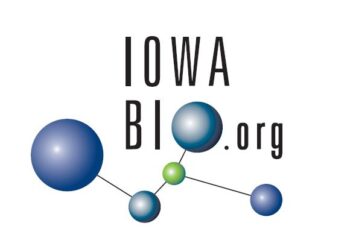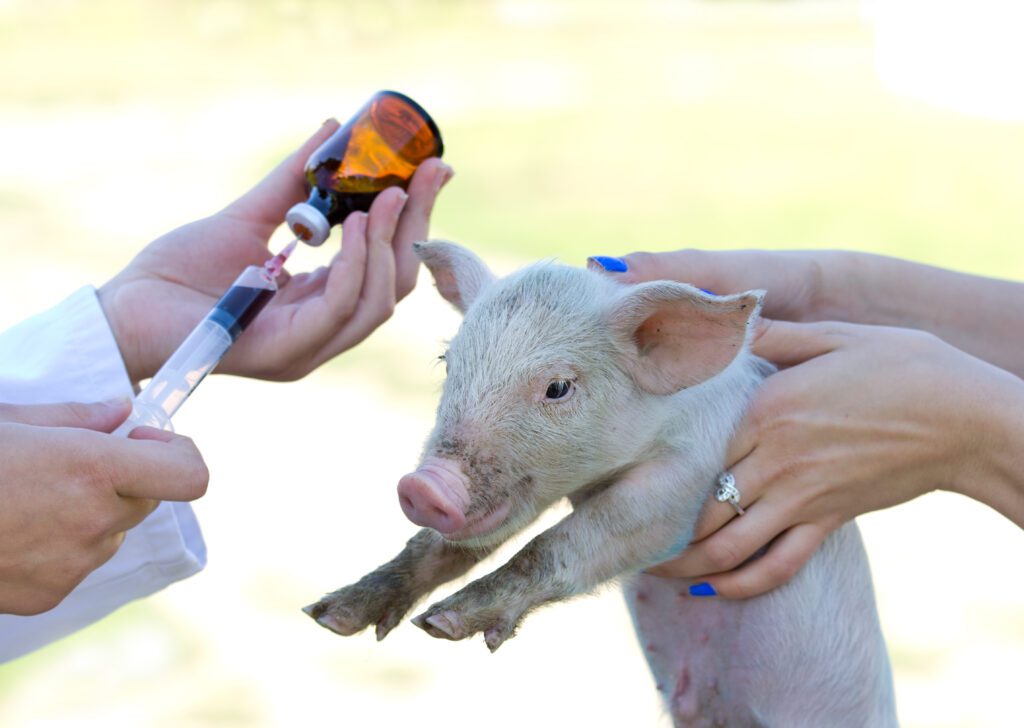The Biotechnology Innovation Organization (BIO) announced this year’s winners of awards in agricultural, environmental, and industrial biotechnology, the organization said in a press release.
Dr. Pam Marrone and Hank Harris, DVM, Ph.D., were awarded the Rosalind Franklin Award for Leadership in Industrial Biotechnology and Agriculture, and the George Washington Carver Award for Leadership in Agriculture and Environmental Biotechnology, respectively.
“The pace and impact of innovation in biotechnology is amazing,” said BIO’s CEO Rachel King. “It’s thanks to leaders like Dr. Marrone and Dr. Harris that biotech is developing breakthrough solutions in areas such as food security, climate change, and the health of animals and our broader society. We are proud to honor them and look forward to their discoveries yet to come.”
Rosalind Franklin Award

Dr. Pam Marrone is the co-founder and executive chair of Invasive Species Corp, in addition to three other biotech companies – Entotech, AgraQuest, and Marrone Bio Innovations.
With over three decades of experience, she has led the biotech industry in pushing for innovations. Her latest company, Invasive Species Corp, is dedicated to developing biobased solutions to control invasive species.
Following land-use change, invasive species are thought to be the second-largest cause of climate change and biodiversity decline. The ISC’s mission is to regenerate the ecology of the planet by implementing biobased, environmentally friendly solutions, protecting biological diversity, and curbing the effects of climate change.
In addition to holding several hundred patents, Dr. Marrone is one of 32 women entrepreneurs who have founded and led companies to be listed on public stock exchanges.
The Rosalind Franklin Award is awarded to trailblazing women in science, paving the way for new innovations in agriculture, food systems, sustainable energy, and biomanufacturing. The award is named for Rosalind Franklin, whose work was crucial to the discovery of DNA’s structure—which ultimately led to Francis Crick, James Watson, and Maurice Wilkins being awarded a Nobel Prize in 1962, a few years after Rosalind’s death from cancer at age 37.
George Washington Carver Award

Dr. Hank Harris was awarded the George Washington Carver Award for Leadership in Agriculture and Environmental Biotechnology.
Dr. Harris is Emeritus Professor of Iowa State University, as well as the founder of two companies: NOBL Laboratories (acquired by Boehringer Ingleheim) and Harrisvaccines (acquired by Merck Animal Health). He’s also the co-founder of Genvax Technologies, a mRNA/nanoparticle animal vaccine company based in Iowa.
Genvax Technologies focuses on the development of new livestock vaccines to prevent and treat animal diseases.
The award honors the original vision of George Washington Carver who, over a century ago, pioneered the creation and commercialization of sustainable biobased products and materials and energy derived from renewable agricultural feedstock. One of America’s most important botanists and inventors, Carver’s research and promotion of alternative crops, such as peanuts, showed farmers how to increase their productivity and opportunities and improve their quality of life. He developed and promoted more than 100 products made from peanuts and other crops for the home and farm, paving the way for biobased innovation.
 “Drs. Marrone and Harris are precisely the caliber of biotech innovators for whom the George Washington Carver and Rosalind Franklin awards were created,” King added. “They continue to use their remarkable knowledge and skills to solve critical challenges and make us and our world safer, healthier and more sustainable.”
“Drs. Marrone and Harris are precisely the caliber of biotech innovators for whom the George Washington Carver and Rosalind Franklin awards were created,” King added. “They continue to use their remarkable knowledge and skills to solve critical challenges and make us and our world safer, healthier and more sustainable.”
The George Washington Carver Award is sponsored by the Iowa Biotechnology Association and honors individuals who have effectively pushed biotech innovation to make supply chains more environmentally friendly.




